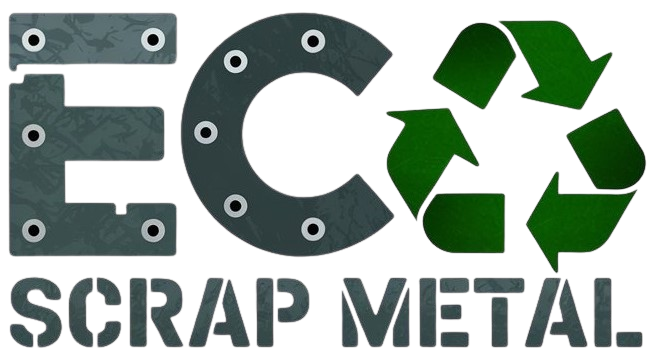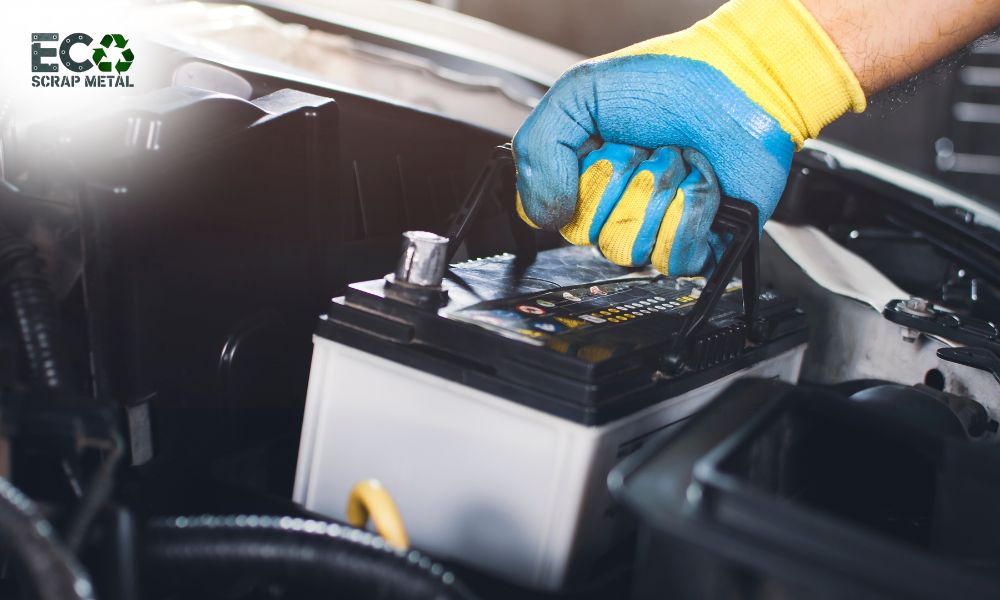Key Factors That Determine the Value of Scrap Batteries
The growing demand for batteries across industries—especially in electric vehicles, consumer electronics, and renewable energy systems—has created a booming secondary market for used and scrap batteries. If you’re looking to sell and get best possible battery scrap prices, understanding the factors that influence their value is essential.
Many businesses and individuals unknowingly undervalue used batteries by treating them purely as waste. In reality, used batteries can be a profitable resource when sold strategically. Here’s a breakdown of what impacts their resale and scrap value.
1. Battery Type and Chemistry
The type of battery you’re selling has the greatest impact on its resale or scrap value. Each battery chemistry contains different materials, some of which are in high demand due to their use in manufacturing new batteries.
Common Types of Batteries That Hold Value:
- Lead-Acid Batteries: Widely used in vehicles, UPS systems, and industrial equipment. These are highly recyclable and fetch good prices due to their high lead content.
- Lithium-Ion Batteries: Found in laptops, mobile devices, and electric vehicles. These vary in value depending on their size, chemistry (NMC, LFP, etc.), and remaining charge capacity.
- Nickel-Based Batteries (NiMH and NiCd): Less common but still valuable for their nickel content, especially in industrial and aerospace sectors.
Tip: Group and label batteries by type before selling to make it easier for buyers to assess value.
2. Condition of the Battery
Not all used batteries are considered scrap. Some still have enough charge capacity to be reused or repurposed, and these can command a significantly higher price than fully depleted or damaged batteries.
Key Considerations:
- Batteries that are intact, not leaking, and have minimal swelling are more desirable.
- Electric vehicle and energy storage batteries may be repurposed for secondary use if they retain 70% or more of their original capacity.
If you’re selling used batteries from commercial operations, get them tested. Batteries with known remaining capacity often sell for more.
3. Current Market Prices for Battery Materials
Scrap battries buyers often base their offers on the market value of recoverable metals like lead, lithium, cobalt, and nickel. These prices fluctuate based on:
- Global supply and demand
- Mining disruptions or shortages
- Technological shifts in battery manufacturing
For example:
- When cobalt prices rise, lithium-ion batteries with cobalt-based chemistries become more valuable.
- A drop in lead prices can reduce the payout for lead-acid batteries.
To maximise returns, monitor commodity market trends before selling in bulk.
4. Volume and Consistency of Supply
Buyers and recyclers prefer dealing with sellers who can provide bulk quantities of sorted batteries. Whether you manage a fleet of vehicles, a data center, or an electronics repair shop, selling batteries in large, organised batches can result in better pricing.
Advantages of Selling in Bulk:
- Lower handling and processing costs for buyers
- Easier logistics
- More competitive offers
If you consistently generate used batteries, consider negotiating a long-term contract with a certified battery buyer or recycler.
5. Location and Logistics
Transportation costs and regulations play a role in determining how much you’ll get for used batteries. Because many batteries are classified as hazardous materials, shipping and handling costs can significantly reduce your margins.
Factors to consider:
- Proximity to a recycling or battery repurposing facility
- Whether the buyer offers pickup or requires delivery
- Packaging and labeling requirements
Selling locally or through buyers who offer free pickup or drop-off programs can help retain more of your battery’s value.
6. Legal and Environmental Compliance
Selling used batteries isn’t just a business transaction—it’s subject to environmental regulations. Ensure you are working with licensed and compliant buyers who provide the necessary documentation for proper recycling or disposal.
This protects you from potential liability and ensures that the batteries won’t be disposed of illegally or exported improperly.
Some regions also offer government incentives or rebates for turning in large quantities of used batteries through approved programs.
Conclusion: Sell Smart, Not Just Scrap
Old batteries should not be seen as useless waste. Whether you’re managing end-of-life batteries from EVs, solar storage, or everyday electronics, there is real value to be recovered—especially when you:
- Sort and store batteries properly
- Monitor metal market trends
- Work with reputable buyers or recyclers
- Focus on quality and condition
By taking the time to understand these factors, you can sell your old batteries at a significantly better price and contribute to a more sustainable battery lifecycle.
Ready to Sell Your Old Batteries?
If you’re a business, facility manager, or reseller looking to monetize used batteries, partnering with a professional battery recovery company is the best way forward. Look for buyers who provide transparent pricing, safe handling, and full compliance with environmental regulations.
Want help finding the best scrap metal buyers or setting up a bulk recycling program? Contact us today to learn how to turn your battery waste into profit.

